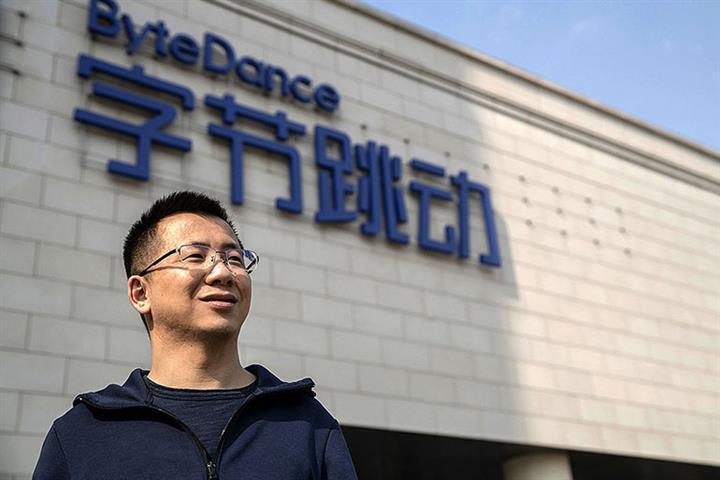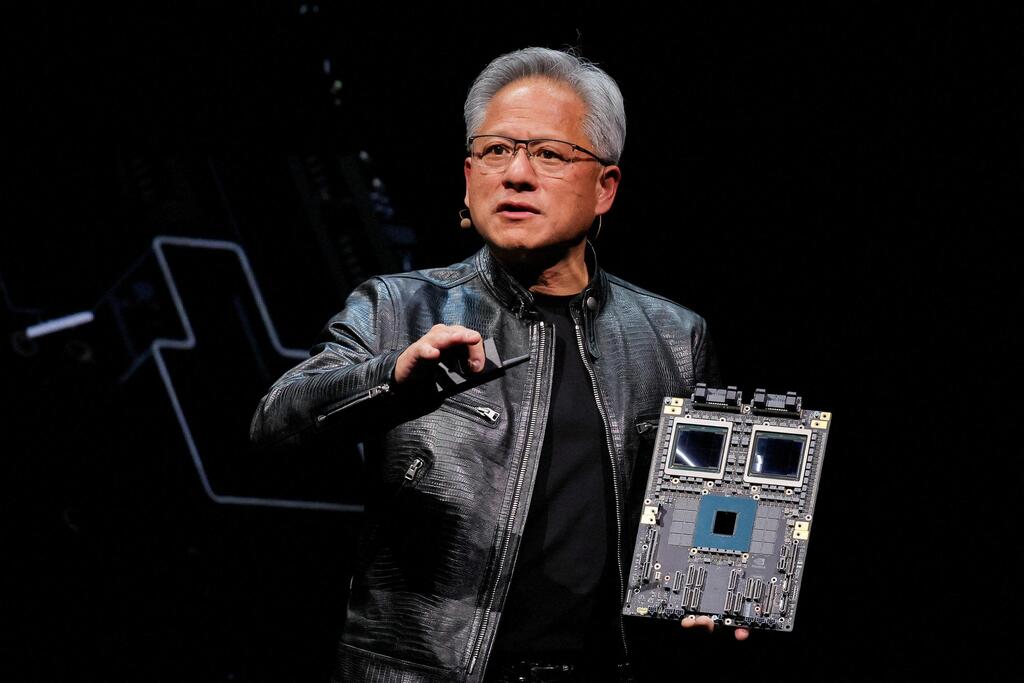Getting your Trinity Audio player ready...
However, the company reportedly plans to acquire and deploy the processors in data centers located in non-sanctioned countries, according to The Information.
The report also claims ByteDance intends to invest up to $7 billion in Nvidia processors by 2025. ByteDance, however, has denied these claims.
Tens of billions invested in artificial intelligence infrastructure
According to the report, ByteDance intends to invest more than $20 billion in artificial intelligence infrastructure, $7 billion of which will be allocated to processors and the rest to build data centers and even submarine cables. This kind of investment is significant by any measure.
Although the U.S. prohibits ByteDance from directly purchasing advanced processors or using American cloud services, it cannot prevent the company from using cloud services in other countries, such as in the Middle East or Asia. This way, the Chinese company will be able to bypass American sanctions on one hand, and not get in trouble with Washington on the other.
If ByteDance's reported $7 billion investment in advanced processors is accurate, it would make the company one of the world’s largest consumers of AI hardware. For context, at $1.33 per hour in the U.S., this budget could lease 614,682 Nvidia H100 processors running nonstop for an entire year.
However, it remains unclear whether there are 615,000 H100 processors available for lease in the Middle East and Asia, nor whether ByteDance needs that many processors for its relatively limited projects. For example, its largest AI project, Doubao, a chatbot with 51 million active users, does not require such a large-scale infrastructure.
According to industry experts, it is also possible that ByteDance will end up spending less than reported on its cloud AI infrastructure, or that it plans to significantly expand its AI projects. Another possibility that has emerged is for the company to purchase less advanced Nvidia processors for its data centers in China, as it has done so far (which the U.S. does allow to be sold to the Chinese).
In addition, various reports indicate that ByteDance is working with Broadcom to develop its own AI processors, with the aim of reducing its dependence on Nvidia. Although the ability of these independent processors to compete with Nvidia processors will be limited by American export sanctions, independent development could significantly reduce the company's costs.
Why is China doing this?
ByteDance is best known as the parent company of the social media network TikTok, which recently made headlines due to a U.S. bill expected to take effect this month and ban TikTok from operating in the U.S. unless ByteDance sells it to Western hands.
Either way, AI-powered algorithms are the beating heart of TikTok. The social media's algorithm, which offers personalized content to each user, is based on advanced artificial intelligence technology. Additional investment in the field by ByteDance is expected to improve the issue even further, help the company identify trends and make the user experience in the application faster and more accurate which could translate into an increase in the number of users and a longer duration of use of the platform.
At the same time, global competition with giants such as Google, Meta and OpenAI is pushing ByteDance to invest significant resources to remain relevant. The company has other areas in which it is investing, such as chatbots, AI-based education and tools for automated content creation, which requires more advanced artificial intelligence infrastructures that are capable of handling huge amounts of data.
Get the Ynetnews app on your smartphone: Google Play: https://bit.ly/4eJ37pE | Apple App Store: https://bit.ly/3ZL7iNv
Furthermore, artificial intelligence is a key engine for monetization, meaning personalized advertising based on the analysis of user data. Simply put, if ByteDance offers advertisers good results on its platforms – the company’s revenue in the field will also grow.
We must not forget the local competition in China. Alongside the rivalry with global giants, ByteDance is competing with leading Chinese giants such as Alibaba, Baidu and Tencent. Investing in AI technologies helps it establish its position as a pioneer in the local market and remain at the forefront of technological innovation, even in the eyes of the Chinese government, which encourages such developments.





